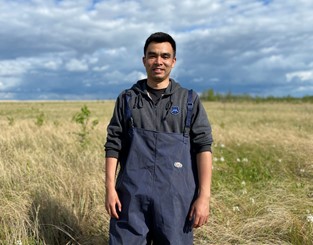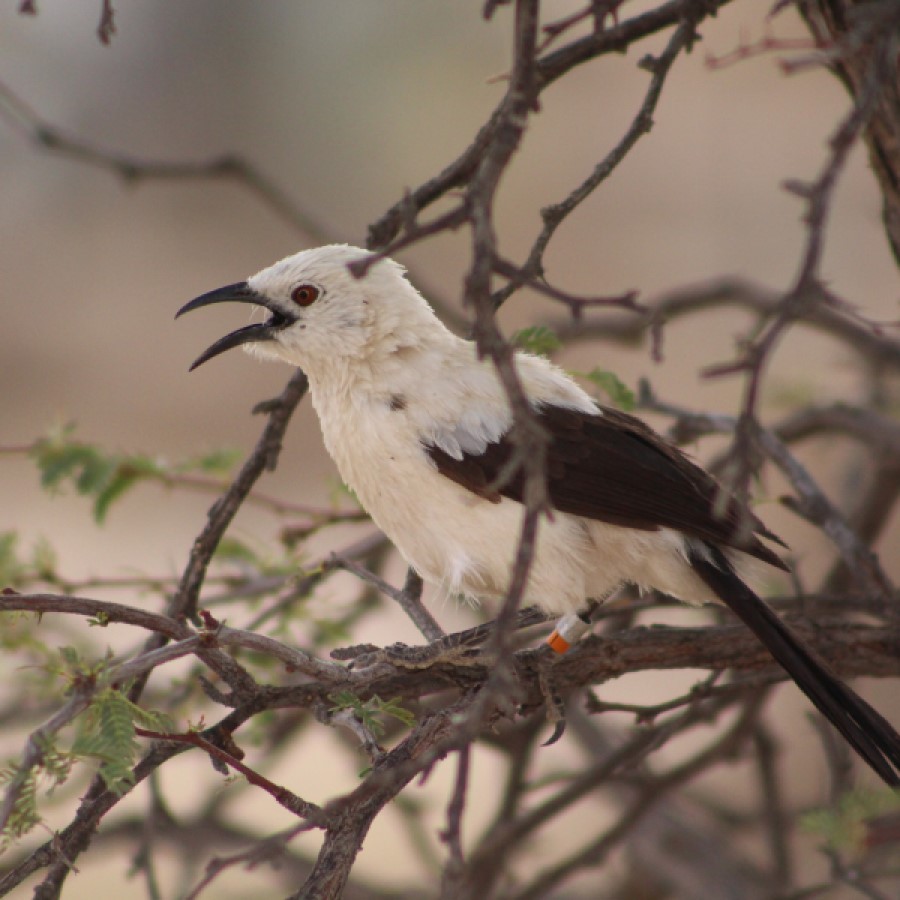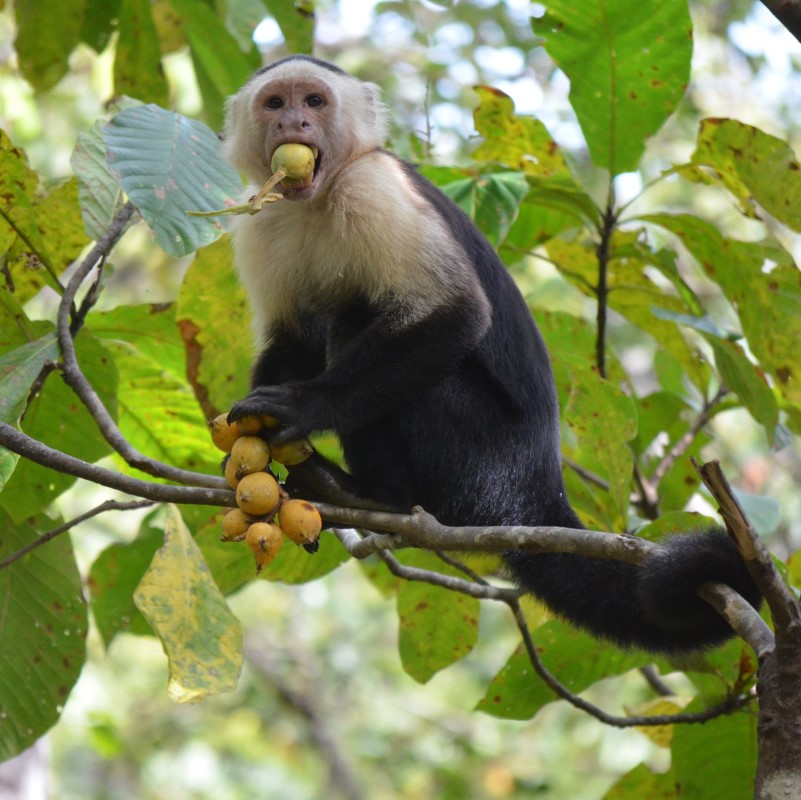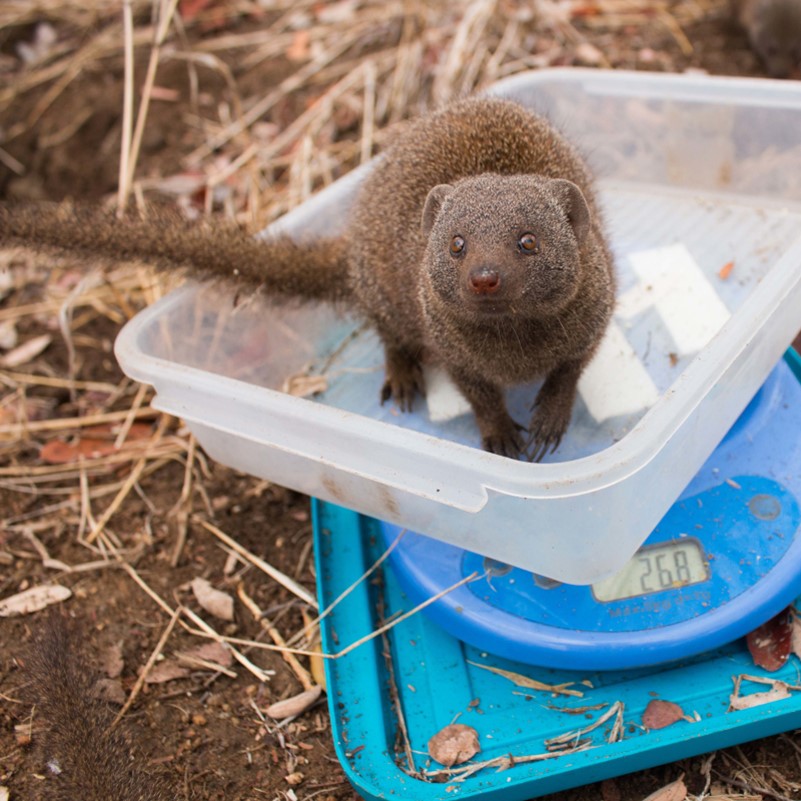We welcome Zhiwei Zhong to the Proceedings B editorial board.

We are pleased to welcome a new Associate Editor to the Proceedings B editorial board, Zhiwei Zhong from the School of Biological Sciences/Institute of Grassland Science, Northeast Normal University, Changchun, China who starts as an Associate Editor in September 2022. We asked Zhiwei a few questions about his background, current research and motivation behind joining the journal’s editorial board.
Associate Editor to the Proceedings B editorial board, Zhiwei Zhong from the School of Biological Sciences/Institute of Grassland Science, Northeast Normal University, Changchun, China who starts as an Associate Editor in September 2022. We asked Zhiwei a few questions about his background, current research and motivation behind joining the journal’s editorial board.
Tell us more about your field of research?
Generally, I am interested in how human activities can alter the species interactions (e.g., herbivory, predation and facilitation) in food webs, which can in turn have important consequences on pest (e.g., rodents and locusts) outbreak, and ecosystem structure and functioning in grassland ecosystems. I am also interested in the mechanisms of positive interactions (i.e., facilitation) between animal species, and how their strengths can vary along environmental gradients. Many of my research projects are based on preliminary field observations, and I use methods such as manipulative experiments and ecological modelling, to test my scientific hypotheses. My current research focuses on 1) how livestock grazing can affect rodent population dynamics by altering predation risk from avian predation, and 2) how climate change and human activities (e.g., grazing) can interact to shape the long-term population dynamics of insect herbivores (e.g., grasshoppers) in grasslands of northern China.
What prompted you to work in this field?
The structure and functioning of ecosystems are shaped by the complex interactions among species. The plant and animal communities in arid and semi-arid grassland ecosystems are relatively simple, which make the interacting plant and animal species easier to track and study compared to forest ecosystems. Yet these plant-animal interaction networks are also vulnerable to environmental changes, making them an excellent model system for studying the responses of biological community to human activities and climate changes. Results from such studies can gain insights into the mechanisms of community assembly and organization, and thus provide implications for the conservation of biodiversity in the context of global environmental changes.
What has been the biggest influence on your career?
My visiting-scholar experience in the University of Pittsburgh had a great impact on my career. The most important skill I learned from this period is how to raise an important scientific question, and then how to design a proper and solid experiment to testify it. During this period, I also made friends with many experts in the field of plant-animal interaction ecology via joining academic meeting and workshops. This experience has also guided me into the field of plant-herbivore, and predator-prey interaction ecology, which has fascinated me since.
Why did you join the Proceedings B Editorial Board?
Proceedings B is a leading journal in the field of ecology and biology, the editorial board comprises many top ecologists from different countries and regions. It is my honor to interact more closely and frequently with these leading international peers, which may allow me to learn and contribute more to the academic community. In addition, I would like to contribute my experience and knowledge from China and enrich the intellectual and cultural diversity in the community.
What advice would you give to someone who wants to submit to Proceedings B?
I think conceptual novelty and the potential for attracting general interests are the two priorities for the work you plan to submit to Proceedings B.
Proceedings B is looking to publish more high-quality research articles and reviews in the fields of ecology and evolution. If you have an idea for a review, we strongly encourage you to submit a proposal. Find out more about the submission process.
Image credit: Quanhui Ma.



